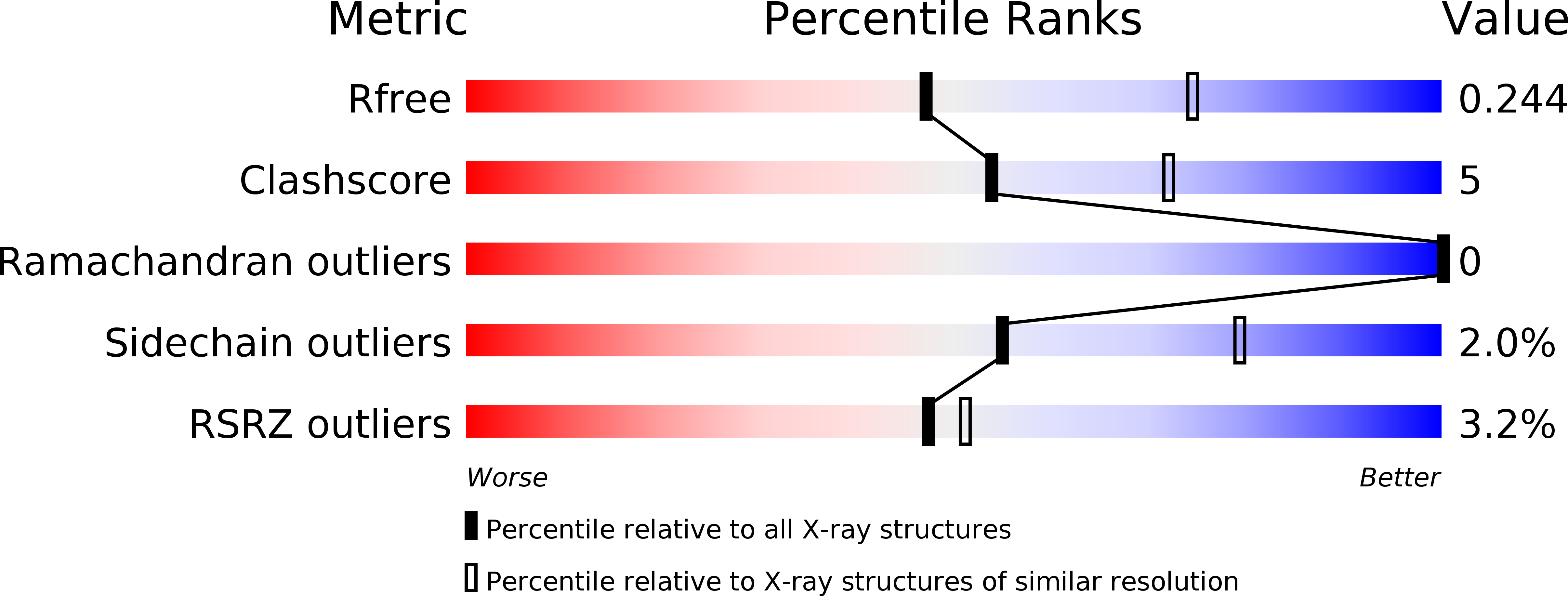
Deposition Date
2018-05-04
Release Date
2018-07-18
Last Version Date
2024-10-16
Entry Detail
PDB ID:
5ZTN
Keywords:
Title:
The crystal structure of human DYRK2 in complex with Curcumin
Biological Source:
Source Organism(s):
Homo sapiens (Taxon ID: 9606)
Expression System(s):
Method Details:
Experimental Method:
Resolution:
2.50 Å
R-Value Free:
0.24
R-Value Work:
0.19
R-Value Observed:
0.19
Space Group:
P 42


